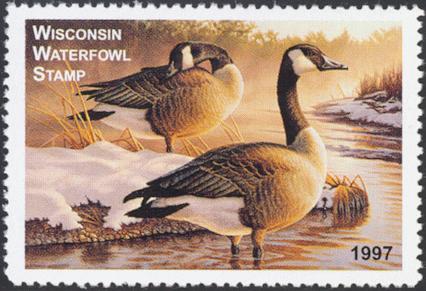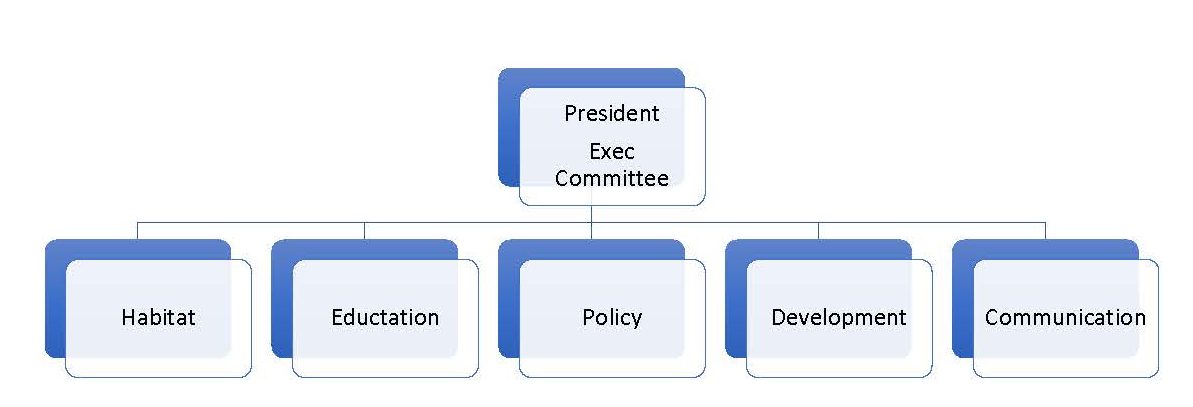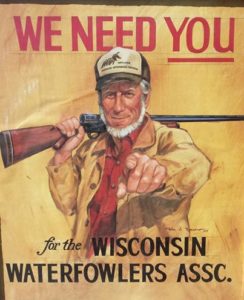By Bruce Ross, Executive Director
This article originally appeared in Wisconsin Waterfowl Association’s May Newsletter edition.
To be relevant, we must all adapt to changing times. I write about two adaptations today: (1) The proposal to increase the Wisconsin Waterfowl stamp fee, and, (2) the current state of WWA’s re-structuring. Both are needed to address the changing waterfowling landscape.
 WATERFOWL STAMP FEE: You may have seen WWA’s recent call to action regarding the WI Waterfowl stamp fee. The fee hasn’t kept up with inflation over the past 21 years. So, the purchasing power for the work it supports has dropped by nearly half. A proposal to increase the fee from the $7 it’s been since 1997 to $12 has been proposed. WWA supports this increase. And polled WWA members support it too.
WATERFOWL STAMP FEE: You may have seen WWA’s recent call to action regarding the WI Waterfowl stamp fee. The fee hasn’t kept up with inflation over the past 21 years. So, the purchasing power for the work it supports has dropped by nearly half. A proposal to increase the fee from the $7 it’s been since 1997 to $12 has been proposed. WWA supports this increase. And polled WWA members support it too.
Supporting a fee increase on ourselves is tricky and nuanced politics. We don’t want to price WI waterfowlers out of the “game”, but we want to make sure there’s a decent “game” in our state. It’s not cheap to hunt ducks; neither is it cheap to restore the wetlands that produce and protect ducks. We’d like you to play a role by contacting your state legislators and asking them to support it, too. We have some sample text & links to find your legislators here.
Above all, regardless of whether the stamp fee is increased or not, WWA wants to make sure your duck stamp money is going to the right places. We sit on the DNR’s Migratory Bird Advisory Committee and advocate for the habitat projects that will help make a difference for you. Peter Ziegler (our Habitat Guy) is a certified expert in these areas and is a powerful voice for your interests in these stamp fund allocation meetings. I attended my first such meeting and was totally impressed!
UPDATE ON WWA’S REORG. I’m also remain totally impressed with the volunteer Board of Directors, who just approved a complete re-structuring to better fulfill WWA’s existing missions. This month, they form committees, as shown below, and establish new goals (and begin developing the strategies to achieve them). They are opening the committees’ doors to other volunteers who want to play a role (you don’t have to be a Director – we’ll need your help to achieve our goals!).
I acknowledge that organizational discussions are boring. I’m surprised you got this far! Who cares about a wire diagram like this anyway??? Well, it may not be as exciting as, say, a teal flight buzzing your dekes, but my experience says that all work gets just a little bit easier if you have the right organization – and besides, this offers you new opportunities to be an impact player.
Here’s where WWA will benefit from a newly focused Board of Directors:
- Our education mission can be scaled to have a significant waterfowler R3 impact.
- Our well-respected habitat restoration mission can be scaled to impact WI’s waterfowl needs.
- Our D-I-Y habitat programs (AWA and Abrams) can be expanded across the state, providing habitat impact and member engagement.

- Our Advocacy impact can be multiplied by growing grassroots “state-wide voices”.
- Chapter fundraising effectiveness can grow by easier sharing of best practices and more focused support.
- The new RD will have more support to minimize transition let-downs.
- Strong, diverse programs will be more attractive to donors and grantors.
- Expanded WWA membership and chapters will be a focus.
- Marketing – both internally and externally – can be strengthened.
- Succession planning and internal process improvement will be easier.
- Staff in support of Board efforts will be sharper.
- Strategic priorities and follow-through will be easier to identify and manage
It’s the people in an organization, not the organizational structure itself that produces accomplishments … so regardless of WWA structure, it’ll take personal effort to meet WI Waterfowlers’ emerging needs. Especially since change is difficult for everyone, and this is a substantial change from historical practices. I think we owe kudos to the Board of Directors for taking this first step to greater WWA impact.

